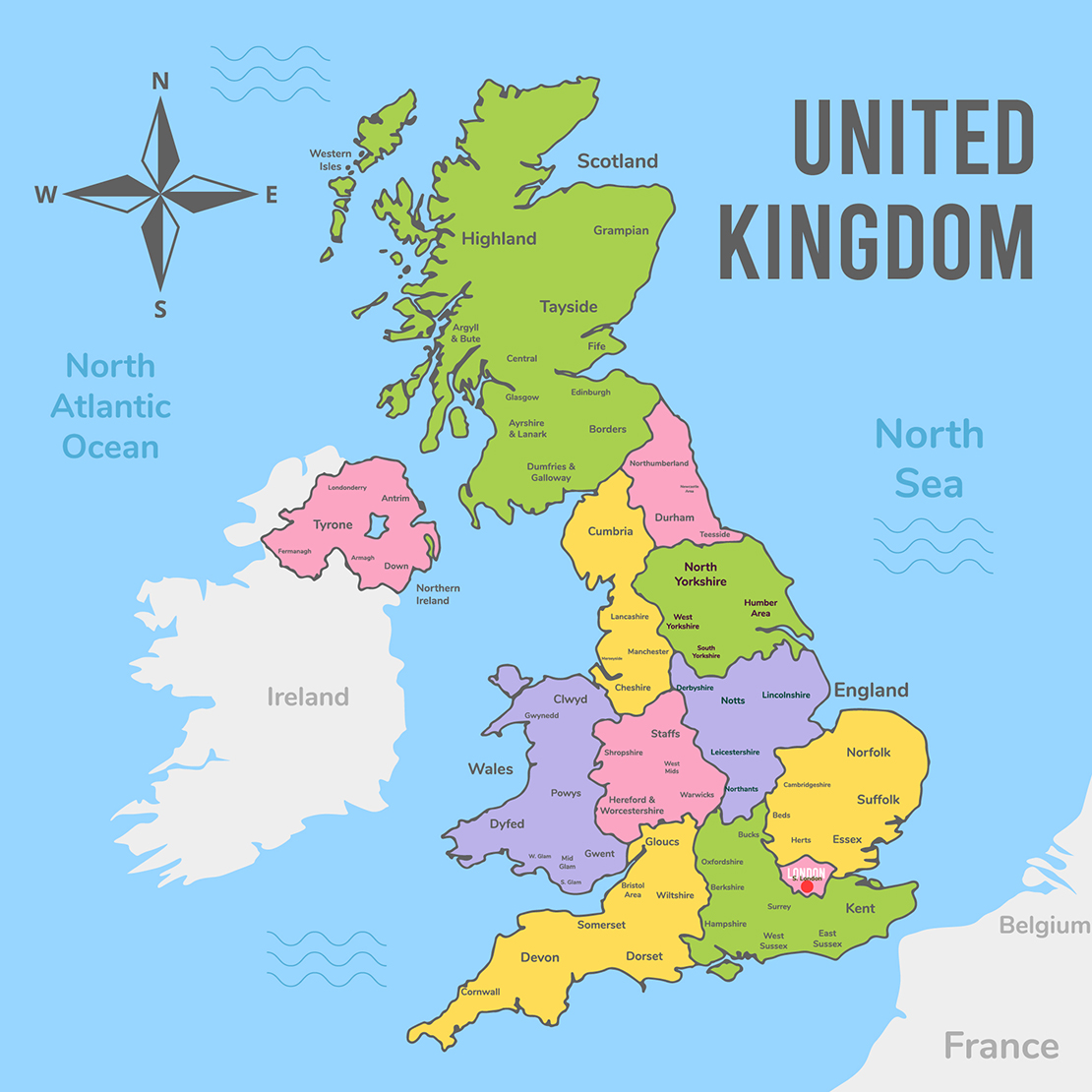
Storeship Ltd are a specialised Fulfilment Centre , based in the midlands in the United Kingdom just 2 hours from London and Manchester and 1 hour from Birmingham.
Our fulfilment centre services include importation, storage, and order fulfilment for our clients customers in the UK and beyond.
In recent years, the landscape of fulfillment services in the United Kingdom has undergone significant transformations, largely propelled by the exponential growth of e-commerce and the evolving expectations of consumers. Here we delve into the current statistics and trends shaping the fulfillment industry in the UK, shedding light on key metrics, market dynamics, and emerging patterns.
1. Ecommerce Expansion
E-commerce has witnessed remarkable growth in the UK, with more consumers turning to online platforms for their shopping needs. According to the Office for National Statistics (ONS), online sales as a percentage of total retail sales reached a record high in 2020, accelerated by the COVID-19 pandemic. This trend has persisted, indicating a fundamental shift in consumer behavior and preferences.
2. Rise of Multichannel Retailing
The rise of multichannel retailing has propelled the demand for flexible fulfillment solutions. Retailers are increasingly adopting omnichannel strategies to provide seamless shopping experiences across various touchpoints, including online stores, mobile apps, social media platforms, and brick-and-mortar outlets. As a result, fulfillment centers in the UK are adapting to handle diverse order flows and integrate with multiple sales channels efficiently.
3. Importance of Speed and Efficiency
In today's fast-paced retail environment, speed and efficiency are paramount. Consumers expect rapid order processing, accurate deliveries, and hassle-free returns. Fulfillment centers in the UK are investing in automation, robotics, and advanced logistics technologies to enhance operational efficiency and meet the growing demand for same-day or next-day delivery services. According to Statista, 67% of UK consumers consider fast delivery to be a key factor influencing their online shopping decisions.
4. Sustainability Initiatives
Sustainability has emerged as a critical consideration in the fulfillment industry, driven by heightened environmental consciousness among consumers and regulatory pressures. Fulfillment centers in the UK are implementing eco-friendly practices such as optimized packaging, energy-efficient operations, and carbon-neutral delivery options to reduce their ecological footprint. Sustainable fulfillment is not only a moral imperative but also a strategic advantage, as it resonates with environmentally conscious consumers and enhances brand reputation.
5. Outsourcing and Third-Party Logistics (3PL)
Many retailers are outsourcing their fulfillment operations to third-party logistics providers (3PLs) to leverage their expertise, infrastructure, and scalability. According to the UK Warehousing Association (UKWA), the demand for outsourced warehousing and fulfillment services has surged in recent years, driven by the need for cost-effective and flexible solutions. 3PLs offer a wide range of services, including warehousing, order processing, pick-and-pack, inventory management, and transportation, enabling retailers to focus on core competencies while optimizing their supply chain.
6. Challenges and Opportunities
Despite the promising growth prospects, the fulfillment industry in the UK faces several challenges, including labor shortages, capacity constraints, Brexit-related disruptions, and volatile market conditions. However, these challenges also present opportunities for innovation and strategic adaptation. Fulfillment centers are exploring alternative labor models, adopting technology-driven solutions, diversifying their service offerings, and expanding their geographical footprint to mitigate risks and capitalize on emerging trends.
7. Future Outlook
Looking ahead, the future of fulfillment in the UK appears dynamic and promising, fueled by ongoing technological advancements, evolving consumer preferences, and market dynamics. Fulfillment centers will continue to play a pivotal role in the e-commerce ecosystem, serving as the backbone of efficient supply chains and enabling seamless commerce experiences. By embracing innovation, sustainability, and collaboration, the fulfillment industry in the UK is poised to thrive in the digital age and meet the evolving needs of modern consumers.
In conclusion, the fulfillment landscape in the UK is undergoing rapid transformation, driven by the relentless march of e-commerce, changing consumer expectations, and technological innovation. As the industry continues to evolve, stakeholders must remain agile, adaptable, and customer-centric to navigate challenges, capitalize on opportunities, and drive sustainable growth in the competitive marketplace.
We are continually adding new feeds so if you are selling on a platform we do not currrently link with just drop us a line and we will see what we can do for you.
A centrally located fulfillment center in the UK can offer several advantages for eCommerce businesses:
Reduced shipping costs: With a central location, the fulfillment center can reach a larger portion of the population within a shorter distance. This can lead to reduced shipping costs since packages have to travel shorter distances to reach customers.

Storeship's ecommerce integration can receive stock, products and orders from the following online marketplaces and stores:
Get in Touch
Tel: 07427 345678
Track my Package


Information
Privacy Policy
Resources
Environment Information
FAQ